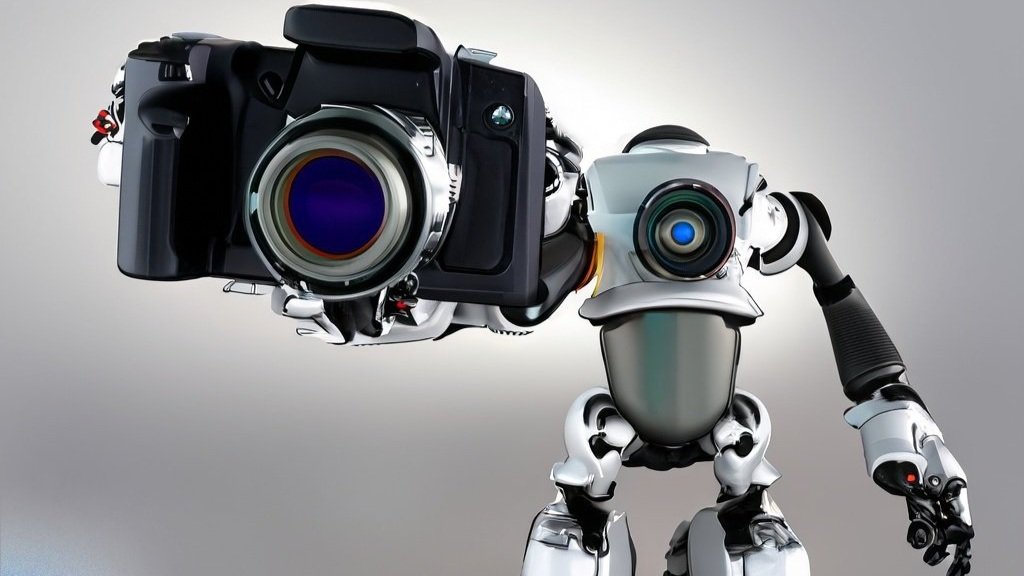Top 10 impacts of AI in video production.
We must all be feeling it, the precipice we are on? The tipping point of something revolutionary. Since ChatGPT3 released in late 2022 and we are all left wondering how will it affect my industry? What will be the impact of artificial intelligence (AI) on video production?
From pre-production to post-production, AI has made significant strides in revolutionising the video production industry. New AI technologies have streamlined processes, improved efficiency, and opened up new creative possibilities for content creators. Here are the some of the current trends and Top 10 impacts of AI in video production:
1. Automated Video Editing: AI-powered tools can analyse raw footage, detect essential elements, and automatically generate edited sequences. This saves time and effort for video editors, allowing them to focus on refining the creative aspects of the content.
2. Scene Analysis and Tagging: AI algorithms can analyse video content to identify specific objects, scenes, or actions. This enables efficient content categorization, metadata tagging, and accelerated content retrieval during post-production.
3. Deepfake Technology: While it raises ethical concerns, AI-generated deepfake technology has found a place in video production. It allows for realistic face-swapping or voice replication, enhancing visual effects and character animation.
4. Voiceovers and Dubbing: AI-driven voice synthesis enables automated voiceovers and dubbing in multiple languages. This has the potential to localize content quickly and expand the global reach of videos.
5. Real-time Analytics: AI-powered video analytics provide real-time insights into audience engagement, sentiment analysis, and content performance. These data-driven insights help creators tailor their content to better resonate with their target audiences.
6. Virtual Set Design: AI-driven virtual set design offers cost-effective solutions for creating visually stunning backgrounds and environments, eliminating the need for physical sets.
7. Colour Grading and Enhancement: AI algorithms can analyse video content and apply sophisticated colour grading and enhancement techniques, ensuring consistency and visual appeal across different shots.
8. Content Personalization: AI enables content creators to personalize videos based on user preferences and behaviour. This personalization enhances user engagement and retention, leading to a more immersive viewing experience.
9. Enhanced Animation and VFX: AI algorithms have significantly improved the efficiency and quality of animation and visual effects. This includes automated character animation, motion tracking, and complex simulations.
10. AI-Generated Storytelling: AI is now being used to generate narratives and storyboards based on specific parameters. While not replacing human creativity, this technology can aid in generating ideas and concepts.
As the AI impact in video production continues to evolve, challenges like data privacy, ethical concerns, and the potential for job displacement need to be addressed. Striking a balance between human creativity and AI-powered efficiency will be essential for the industry's sustainable growth.
As with many industries, AI has become an indispensable tool in the video production industry, transforming the way content is created, edited, and consumed. These current trends demonstrate the potential of AI to enhance creativity, optimise workflows, and improve the overall quality of video content. As technology advances, we can expect even more exciting innovations that push the boundaries of video production further.


